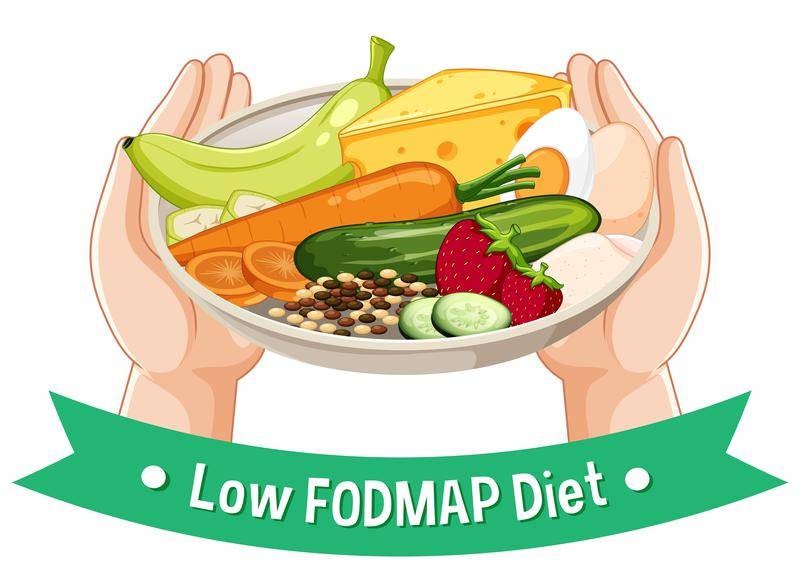

Microbial Motherhood: How Your Gut Shapes Generations
Pregnancy is often described as a transformative journey—but that transformation goes deeper than stretch marks and hormonal shifts. It begins at the microscopic level, inside the mother’s gut, where trillions of microbes are silently reshaping themselves to support new life.
For decades, the gut microbiome—the complex ecosystem of bacteria, viruses, fungi, and other microorganisms residing in our digestive tract—was studied mainly in the context of digestion and immunity. But in recent years, science has unveiled its far more profound role, especially during pregnancy. Far from being a passive bystander, the maternal gut microbiome becomes an active architect of gestation, influencing not just the mother’s health, but also the baby’s development, immune system, and even long-term metabolic trajectory. These microbial changes are not random—they are nature’s way of optimizing the body to nourish and protect the growing fetus.
How Does Pregnancy Affect the Mother’s Microbiome?
Pregnancy initiates profound physiological changes, and one of the most striking—yet often overlooked—is the remodeling of the maternal gut microbiome.
- Reduced Microbial Diversity
Studies consistently show a decrease in microbial diversity during pregnancy, especially in the third trimester. While low diversity is typically associated with dysbiosis in non-pregnant individuals, in pregnancy, it reflects a strategic, functional adaptation. Third-trimester microbiota resemble a dysbiotic state with increased inflammatory potential. Yet, when transferred into germ-free mice, these microbiota promoted weight gain and insulin resistance—hallmarks of healthy pregnancy adaptations.
- Trimester-Specific Microbial Shifts
The gut microbiota shifts dynamically across trimesters. In early pregnancy, microbial composition resembles the non-pregnant state. By the third trimester, there’s a rise in Actinobacteria and Proteobacteria, and a decline in Firmicutes, especially beneficial genera like Faecalibacterium and Roseburia. These changes are associated with increased energy harvest and mild systemic inflammation, which help the mother meet the metabolic demands of the growing fetus. This microbial shift is thought to support increased fat storage and insulin resistance, which, while pathological outside of pregnancy, are physiologically beneficial during gestation.
- Immune Modulation and Gut Barrier Function
Pregnancy is an immunological paradox: the maternal immune system must tolerate a semi-allogenic fetus while still protecting against pathogens. The gut microbiota plays a key role in striking this balance: SCFAs produced by the gut microbiota (especially butyrate) reinforce gut barrier integrity and promote regulatory T cell expansion, fostering an anti-inflammatory environment. Dysbiosis—characterized by reduced SCFA production and increased gut permeability—may contribute to chronic low-grade inflammation, which is implicated in complications like preeclampsia and gestational diabetes.
- Hormonal Influence on Microbiota Composition
Pregnancy is a hormonal rollercoaster—and these hormonal surges significantly impact the gut microbiome. As progesterone levels rise throughout gestation, they promote the proliferation of Bifidobacterium, a beneficial genus involved in immune regulation and maintaining intestinal barrier integrity. Bifidobacterium abundance correlates positively with progesterone levels and may help counterbalance inflammatory changes associated with other pregnancy-related microbial shifts.
External & Lifestyle Factors Influencing the Gestational Gut Microbiome
While endogenous factors (like hormones and genetics) shape the microbiome internally, external factors also play a critical role in determining the trajectory of gut microbial changes during pregnancy:
- Diet - A high-fat, low-fiber diet can reduce microbial diversity and promote inflammation. In contrast, fiber-rich, plant-based diets support beneficial SCFA-producing bacteria that enhance immune tolerance.
- Antibiotics - Antibiotic use during pregnancy can disrupt gut microbial balance and reduce diversity. This dysbiosis has been linked to gestational diabetes, preeclampsia, and altered infant immune development.
- Geography & Cultural Practices - Microbiome composition varies by region due to diet, hygiene, and healthcare practices. Traditional rural diets are associated with greater microbial richness and resilience.
- Stress, Sleep & Mental Health - Chronic stress and poor sleep can lead to microbial imbalance and increased gut permeability. These changes may affect fetal neurodevelopment via immune and gut-brain axis signaling.
- Oral Health - Periodontal infections may allow oral microbes to translocate to the gut. Poor oral hygiene is associated with increased risk of preterm birth and low birth weight.
- Environmental Exposures - Chemicals like triclosan in personal care products can alter gut microbial composition. Minimizing exposure to unnecessary antimicrobials is advised during pregnancy.
Final Thoughts: You're Growing More Than Just a Baby
You’re growing a microbiome legacy. The state of your gut during pregnancy can echo into your child’s future — from how their immune system handles infections to their risk of chronic diseases. Nurturing your gut isn't just self-care — it’s a gift to the next generation.
Read More Here:
- The maternal gut microbiome during pregnancy and its role in maternal and infant health
- The maternal gut microbiome in pregnancy: implications for the developing immune system
- Physiological Changes and Interactions Between Microbiome and the Host During Pregnancy
- Maternal gut microbiota in the postpartum Period: A Systematic review
- Unraveling the role of the gut microbiome in pregnancy disorders: insights and implications

